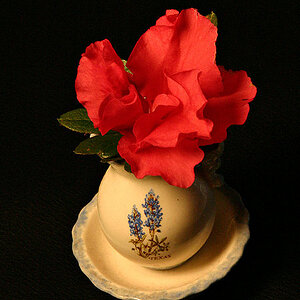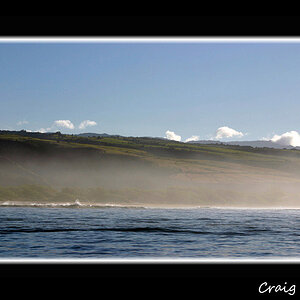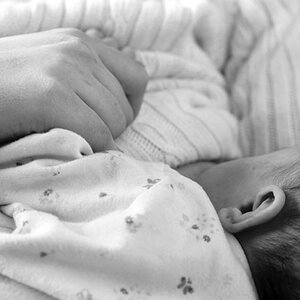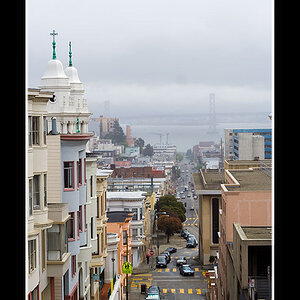jaomul
Been spending a lot of time on here!
- Joined
- Feb 4, 2011
- Messages
- 5,715
- Reaction score
- 1,554
- Location
- Cork Ireland
- Can others edit my Photos
- Photos OK to edit
I read a lot of posts here and try to add if I can. Usually this is somewhere in the gear section as due swapping etc I quite a few different cameras and lenses. I do not comment to much on photos that require critic though. The reason is that usually others see faults or blemishes that I would not have picked up on.
Recently I commented about even lighting in a good way on a post but someone after me commented about the light being uneven and harsh. This comment received some likes and agreements afterwards.
This would imply that I was wrong (certainly not the first or last time). My question is should I (and enthusiasts like me) leave comments and advise come from the more experienced, or is everyones opinion valid?- I do suppose if one likes a photo they like it but I wouldn't want to give bad advise. Any opinions?
Recently I commented about even lighting in a good way on a post but someone after me commented about the light being uneven and harsh. This comment received some likes and agreements afterwards.
This would imply that I was wrong (certainly not the first or last time). My question is should I (and enthusiasts like me) leave comments and advise come from the more experienced, or is everyones opinion valid?- I do suppose if one likes a photo they like it but I wouldn't want to give bad advise. Any opinions?





![[No title]](/data/xfmg/thumbnail/35/35952-55c8d42ec1c6ff0e13b45356cbf9c068.jpg?1619737263)
![[No title]](/data/xfmg/thumbnail/39/39500-340f9581ccea2902f4cca7c656232f9e.jpg?1619739057)

![[No title]](/data/xfmg/thumbnail/35/35955-01e9c8140cdcaac10d227d68e42ac0d4.jpg?1619737267)



![[No title]](/data/xfmg/thumbnail/36/36135-6594fe1d58af0053c3e939665e543ce4.jpg?1619737388)
